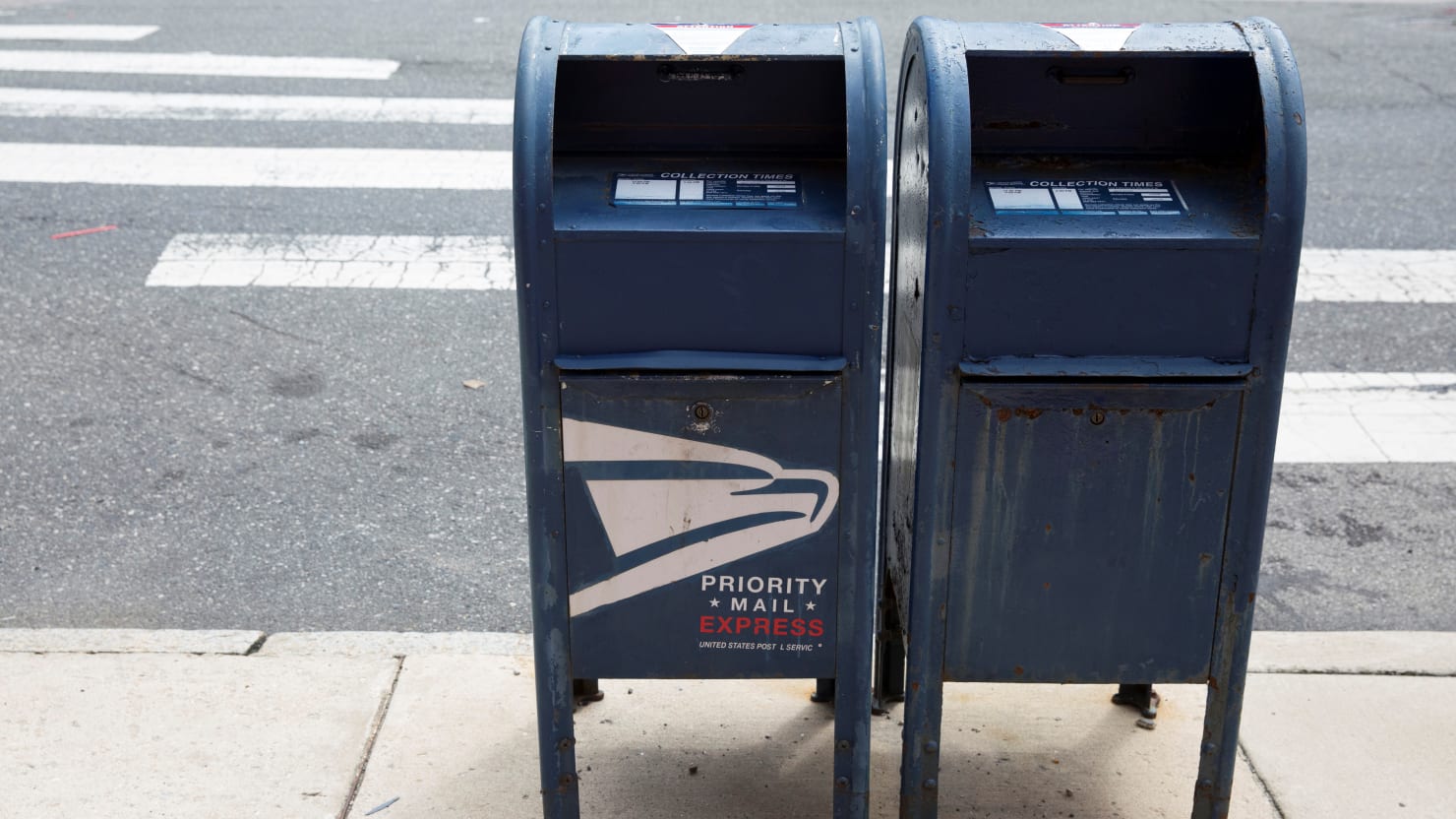
As I have been discussing here, Michelle Goldberg at the NY Times makes the case for accountability for the GOP and Trump assault on government in the event we get the chance to rescue our democracy this November. She takes a look at some of the ideas that are percolating in Democratic and activist circles:
[A] Biden victory is far from assured, and if he loses, there may be no stopping this country’s slide into a permanent state of oligarchic misrule. But right now, while there’s still hope of cauterizing Trumpism, ideas about post-Trump accountability are percolating in Democratic and activist circles.
Last year Biden’s running mate, Senator Kamala Harris, of California, said that she believed the Justice Department would have no choice but to pursue criminal charges against Trump for the instances of apparent obstruction of justice outlined in the Mueller report. In January, Senator Elizabeth Warren, Democrat of Massachusetts, called for a Justice Department task force “to investigate violations by Trump administration officials of federal bribery laws, insider trading laws and other anti-corruption and public integrity laws.” The House is discussing post-Trump reforms on issues including abuse of the pardon power, foreign election interference and the independence of inspectors general.
The Center for American Progress, a liberal think tank with close ties to the Democratic Party, recently released a report titled, “How a Future President Can Hold the Trump Administration Accountable.” Protect Democracy, a legal group founded by Ian Bassin, Obama’s former associate White House counsel, also has started to think about what accountability processes should look like, drawing on the experience of countries around the world that have transitioned to democracy from authoritarianism.
“We have just been through a colossal test case in how you corrupt and incapacitate a great democracy,” said Senator Sheldon Whitehouse, Democrat of Rhode Island. “And failing to learn those lessons is a disservice to that democracy.”
Whitehouse was one of the Democrats who, in 2009, called for some sort of Truth Commission to examine the legacy of the last Republican to wreck the country. George W. Bush’s presidency left America “deeply in debt, bleeding jobs overseas, our financial institutions rotten and weakened, an economy in free fall,” Whitehouse said then. His administration took the country to war based on lies and authorized torture. There was a “systematic effort to twist policy to suit political ends; to substitute ideology for science, fact, and law; and to misuse instruments of power.”
“Disclosure and discussion,” the senator said in 2009, would be the difference between this history serving as an instructive lesson or “a blueprint for those darker forces to return and someday do it all over again.”
But once President Barack Obama came into office, his team didn’t want to look back. Ben Rhodes, formerly a senior Obama adviser, told me that the team feared it would have been “incredibly disruptive,” amid an all-consuming financial meltdown, “to launch investigations and prosecutions of your predecessor.” There was the problem of precedent: It can be a sign of democratic breakdown when a new government goes after officials from the old one. Further, said Rhodes, “high-ranking people who were very busy with two wars and a financial crisis” didn’t have the bandwidth to navigate the political complexities of a process that would look, to Republicans, like partisan vengeance.
The Obama administration’s logic then — like Biden’s today — made a certain amount of sense. But it’s clear, 11 years later, that those decisions had a cost. The “lack of accountability that people felt around the financial crisis and around torture didn’t go away,” said Rhodes. “It metastasized.” A generation of Republicans learned that there was no price for flouting the rules.
This time, Rhodes believes some sort of commission is warranted. “If you look at other countries, it’s important that the process be constructed in a way that doesn’t feel politically motivated, that doesn’t feel like revenge,” he said. It should be, he said, a “safe space for people to come forward and share what they know about what happened.”
As Rhodes suggests, any post-Trump rebuilding requires learning as much as possible about the president’s many misdeeds. Right now, we don’t know what we don’t know — for every scandal that a whistle-blower or journalist has brought to the public’s attention, there are likely many more that are still secret.
The administration’s failure to contain the coronavirus — exacerbated, according to reporting in Vanity Fair, by Trump’s hostile indifference to hard-hit blue states — deserves something akin to a 9/11 commission. So does the wholesale corruption of American diplomacy, only a small part of which was addressed by impeachment. Just last month, The New York Times reported that Trump instructed America’s ambassador to Britain to press the British government to hold the British Open golf tournament at Trump Turnberry, the president’s money-losing golf resort in Scotland. But we have little visibility into how fully American foreign policy has been perverted to serve Trump’s personal interests.












